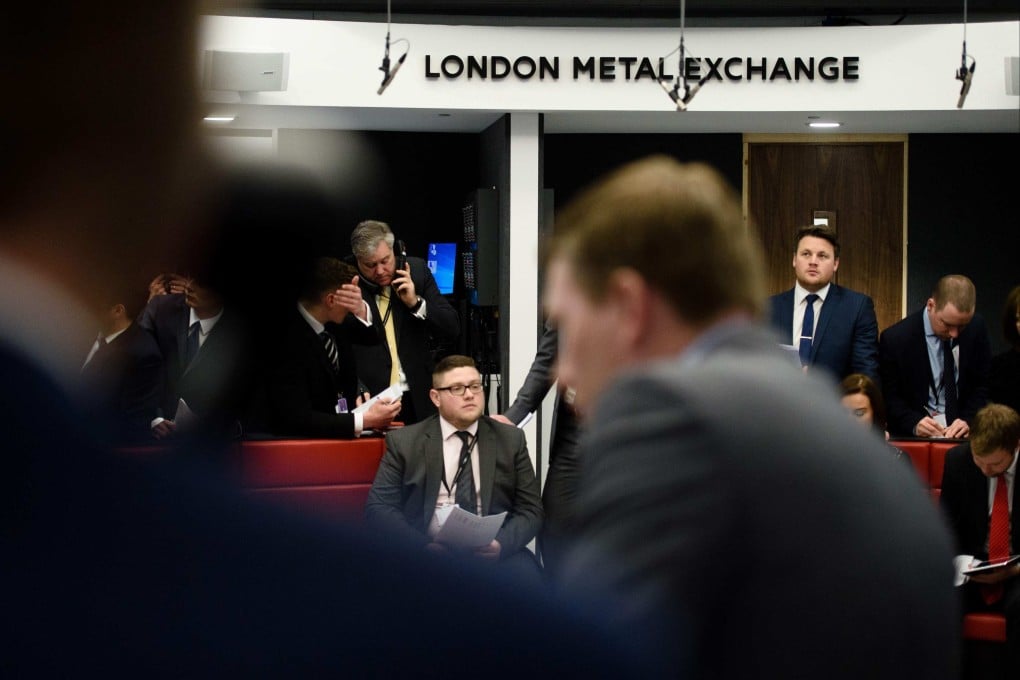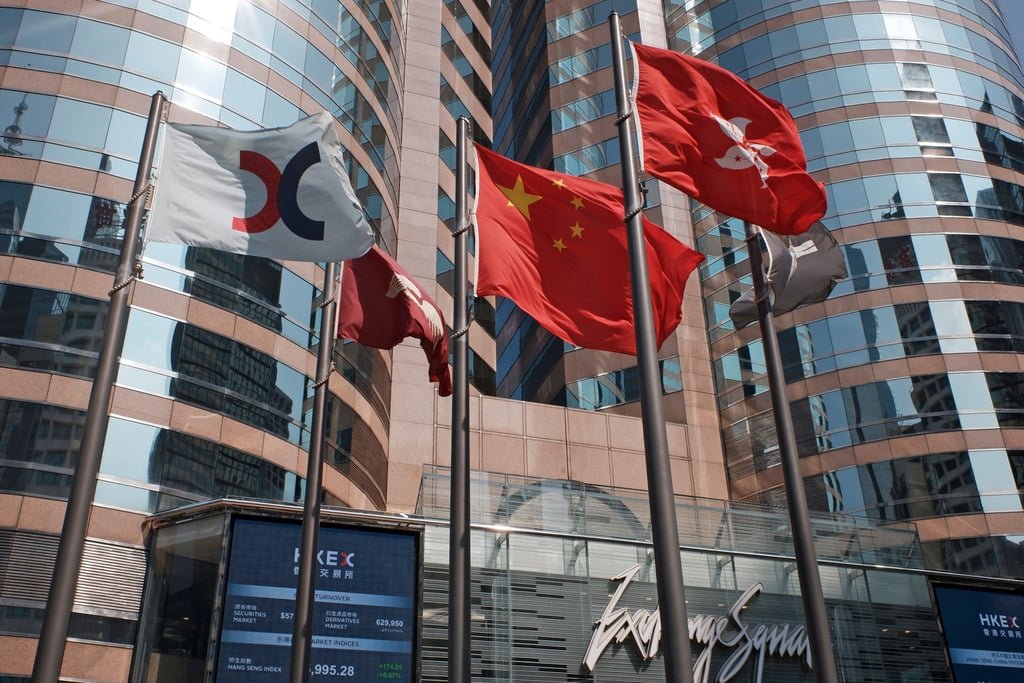Advertisement
HKEX hoped alchemy would turn acquisition of century-old London Metal Exchange into ‘super-connector’ gold. What went wrong?
- After March’s trading suspension, HKEX has started an internal review at LME. Separate reviews by the Financial Conduct Authority and the Bank of England have also been initiated
- HKEX’s Nicolas Aguzin remains optimistic about LME and says the bourse remains ‘well positioned’ to benefit from its links with China
Reading Time:3 minutes
Why you can trust SCMP

When Hong Kong Exchanges and Clearing (HKEX) acquired the 145-year-old London Metal Exchange (LME) in 2012, it was hoped that the Hong Kong bourse operator would extend its role as a “super-connector” and link China’s commodity markets with the world through the UK-based exchange.
Tens years later – as the London bourse embarks on a reputation rebuilding exercise after having to cancel trading for only the second time in its history in March – some are asking whether the £1.39 billion (US$1.7 billion) acquisition engineered by former HKEX chief executive Charles Li Xiaojia has achieved its intended purpose. The cancellation followed a surge in nickel prices that threatened to destabilise the market amid a short squeeze that triggered billions of dollars in margin calls.
The fiasco was triggered amid heightened geopolitical tensions and global inflationary pressures, as Russia’s invasion of Ukraine sparked global supply concerns and sent the price of nickel soaring.
Advertisement
In its aftermath, HKEX started an internal review at LME. Separate reviews by the Financial Conduct Authority and the Bank of England were also initiated.

The acquisition of LME was intended to boost commodities trading in Hong Kong as part of China’s 12th five-year plan. Li also made it clear that the deal represented a major step towards diversifying the bourse’s business away from equities and HKEX becoming a “international bourse operator”.
Advertisement
Advertisement
Select Voice
Choose your listening speed
Get through articles 2x faster
1.25x
250 WPM
Slow
Average
Fast
1.25x